News in brief: Welsh Government extends measures to protect businesses from eviction
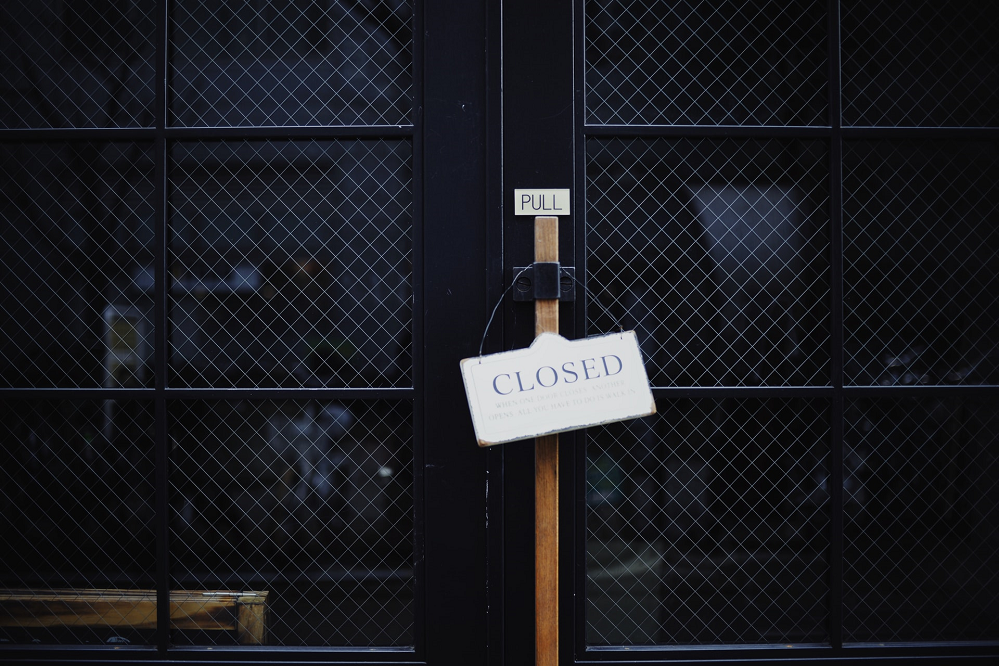
Businesses in Wales affected by the coronavirus will now be protected from eviction until 25 March next year following an extension of the government’s moratorium against forfeiture for the non-payment of rent.
The protection, which was due to end on 30 September, was introduced in March 2020 to shield businesses that were impacted by the lockdown.
The moratorium ensures that landlords of relevant commercial premises are prevented from forfeiting the leases for non-payment of rent but the government says tenant’s should continue to pay rent wherever possible, and if possible secure negotiated agreements on any arrears.
Harrowing
“Throughout the Coronavirus pandemic, we have pulled every lever possible to support businesses and their employees during what has been a harrowing time,” Economy Minister, Vaughan Gething said.
“This further extension of measures to prevent forfeiture for the non-payment of rent, which will protect businesses from eviction, will help secure jobs and livelihoods across Wales.
“It will also give the same levels of protection in this respect for Welsh businesses as those in England and will assist with the recovery of Welsh businesses as the economy improves.”
The UK Government recently announced proposals for legislation to ring-fence commercial rent arrears accrued during the pandemic.
The Welsh Government says it continues to consider what, if any, further measures in relation to commercial rent arrears need to be put in place once the moratorium comes to an end and has indicated this could include working with Westminster on the further development of their proposals.

Covid cases continue to climb as Swansea moves into 20 worst affected areas in UK
Public Health Wales has reported one further death due to Covid in the last 24 hours and 2,389 new cases of the virus as case rates continue to surge across Wales.
The newly recorded death was in the Betsi Cadwaladr health board area and takes the total number of deaths from the start of the pandemic to 5,663.
Over the seven days to 21 August, 10,535 people have tested positive for the virus in Wales, and a rapid increase in positive tests has seen the weekly case rate in Swansea climb to 498.4 per 100,000, placing it in the 20 worst affected areas in the UK.
There were 268 new infections reported there yesterday, the highest number in Wales, as the case rate jumped from 462 in yesterday’s report.
Fermanagh & Omagh in Northern Ireland currently has the highest rate in the UK at 1,230.
The national case rate has increased from 321.7 to 334.1 since yesterday and the positivity rate is up 0.3% to 17.7% per 100,000 tests.
PHW has also confirmed the Delta variant makes up 100 % of all sequenced cases in Wales over the seven days to 24 August.
Overall, 1,111 new cases were identified, taking the total since May to 16,452. Betsi Cadwaladr recorded 398 new cases, taking the number of cases identified there to 6,006, 37% of all cases of the variant detected in Wales.
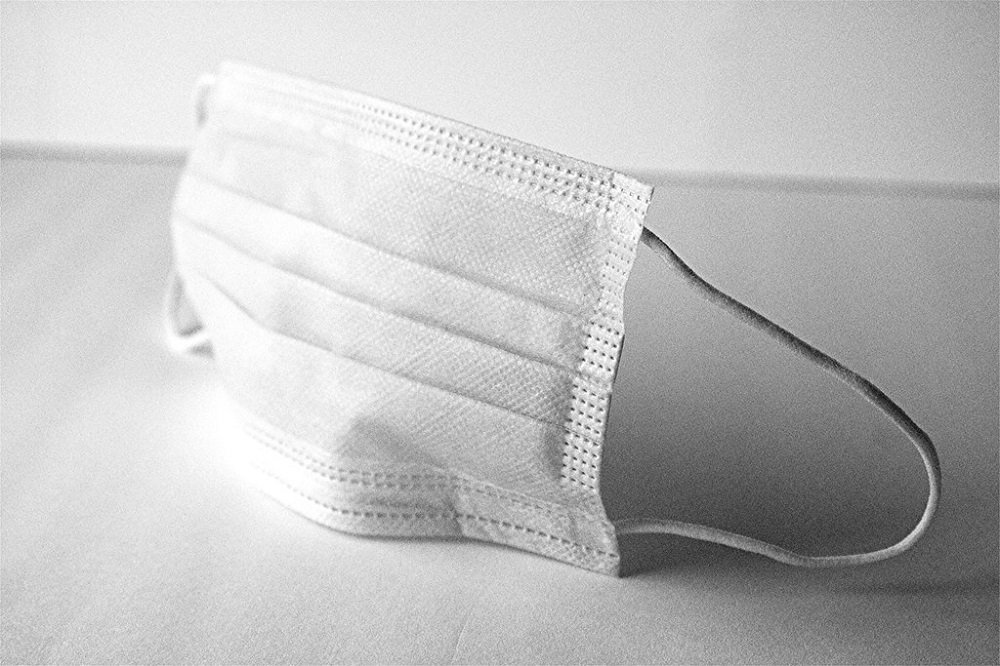
Government slammed over mask restrictions in places of worship
The Welsh Government has come under fire for insisting facemasks must be worn in places of worship and has been accused of “dictating” what religious organisations can do.
Facemasks remain mandatory in most indoor public settings in Wales, but the requirement was lifted for hospitality businesses earlier this month, when most Covid restrictions were withdrawn.
Janet Finch-Saunders, the Welsh Conservative MS for Aberconwy, has criticised the government’s refusal to relax face covering rules and said she thinks churches and other places of worship should be able to set their own rules.
“Like many residents, I agree that it is hard to overlook the fact that it does seem unreasonable for places of worship to have no choice whilst the hospitality sector does,” she said.
“There is ample space in most places of worship to allow for sufficient social distancing and I know that venues have taken steps to improve ventilation.
“Rather than the State dictating what our places of worship should do, it is time that the Welsh Government let individual centres determine the risk posed to their congregation and the necessary mitigation measures that should be taken.”
In a letter to Mrs Finch-Saunders laying out the government’s position before the latest review of Covid restrictions, Jane Hutt MS, Minister for Social Justice, said: “We have not yet reached a position where we can remove all protections and – in line with the latest scientific and public health advice – we will keep some measures in place at alert level zero. These include the use of face coverings in indoor public places such as Places of Worship.”
Earlier this week First Minister Mark Drakeford suggested it is unlikely there will be any lifting of the current restrictions when the result of the review is announced on Friday.
Figures from Public Health Wales have confirmed a recent surge in Covid cases has raised the weekly national case rate to over 300 per 100,000 people for the first time since the January peak of the Alpha wave of the virus.
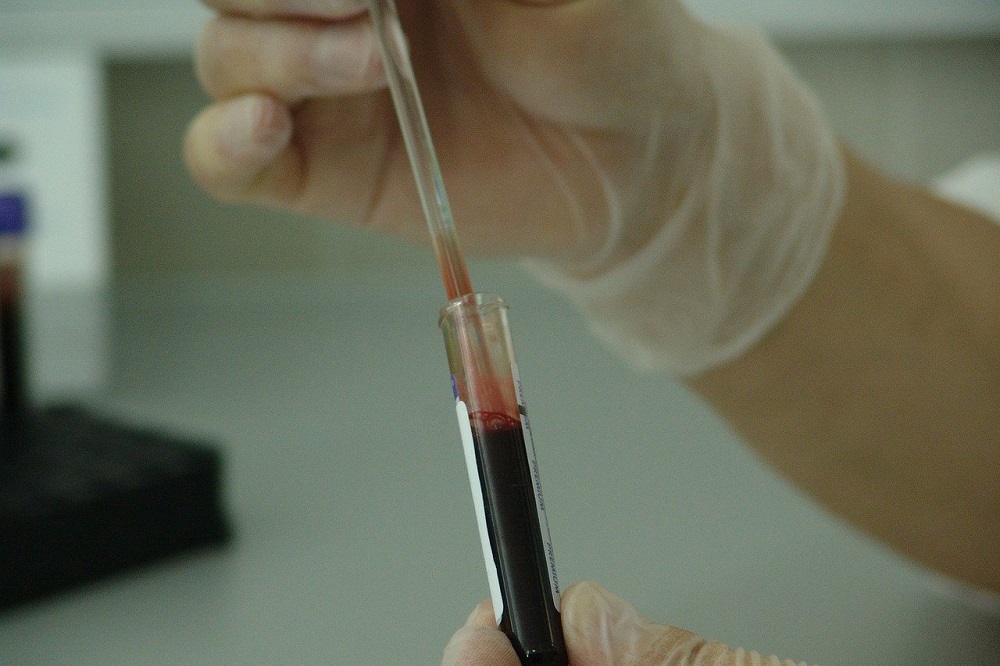
Blood tests disrupted due to test tube shortage
The NHS has issued guidance to GPs calling for a reduction in the number of non-essential blood tests being booked because of a test tube shortage.
The vials used to collect samples for testing are made by Becton Dickinson, which has warned that serious supply chain issues across the UK was delaying their production.
In a memo, the NHS has told doctors to slow down regular blood tests if it was safe to do so and also cut back on screening for blood disorders, pre-diabetes, and allergies, in addition to deferring routine infertility testing for all patients under the age of 35.
Becton Dickinson said the shortage was caused by the need for vials for testing Covid patients as well as routine testing for procedures that had been delayed due to the pandemic.
It said it was also facing “transportation challenges that have affected all industries, including port and transport capacity, air freight capacity and UK border challenges”.
“Patient safety remains the priority, and a test would only be delayed if the NHS have assessed it is clinically safe to do so,” Health Minister Eluned Morgan said.
“People who require urgent care should continue to seek it as normal.”
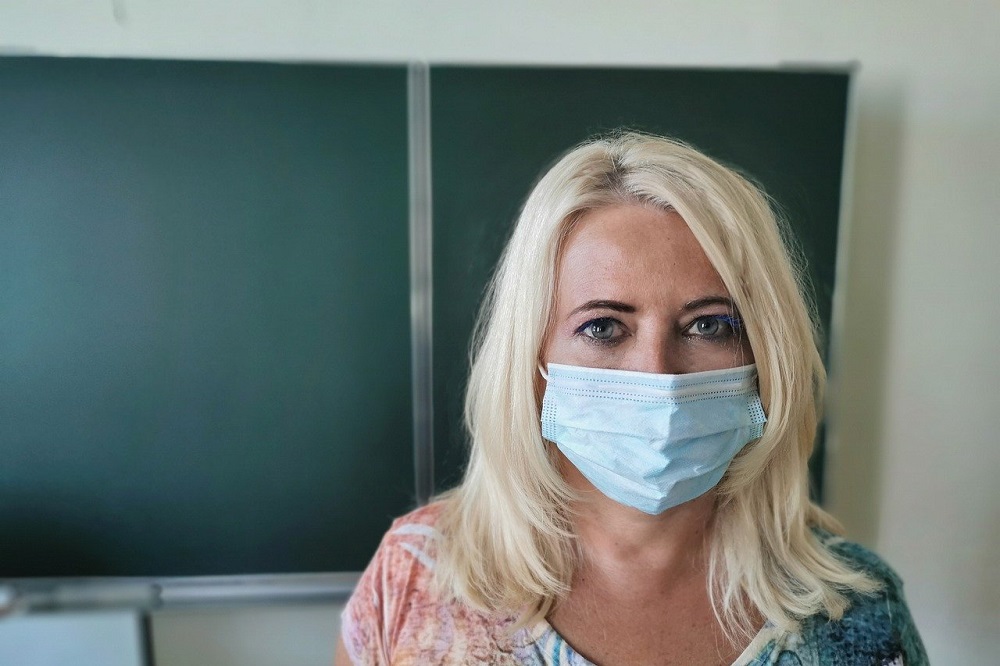
Support unveiled to help newly qualified teachers gain in-classroom experience
The Welsh Government has announced £1.7 million of funding to help newly qualified teachers whose training was disrupted by the Covid pandemic.
The money will be used to pay for a term of employment after many trainee teachers across Wales missed the opportunity to gain experience with in-classroom training due to the changes introduced because of coronavirus.
The government says the extra funding brings total support for newly qualified teachers to £7.7m over the current financial year and is open to all NQTs who have not already found full-time employment with a school.
“We know the last academic year was incredibly difficult for learners and teachers – and it especially impacted upon the training of new teachers, as they were unable to gain the experience they would usually have seen during a ‘normal’ school year,” Jeremy Miles, the Minister for Education and the Welsh Language, said.
“This new support will make sure they get the chance to build on their face-to-face teaching skills, plan for and evaluate the progress of their learners over a longer amount of time and build on the expertise they need to successfully complete their induction.
“Those who trained as teachers during the last academic year worked incredibly hard, and it’s right that we support them and ensure schools and local authorities are able to retain their vital expertise.”
The funding will support new teachers throughout the autumn term and will also allow schools to increase capacity and free up other teachers to provide extra help to vulnerable learners.
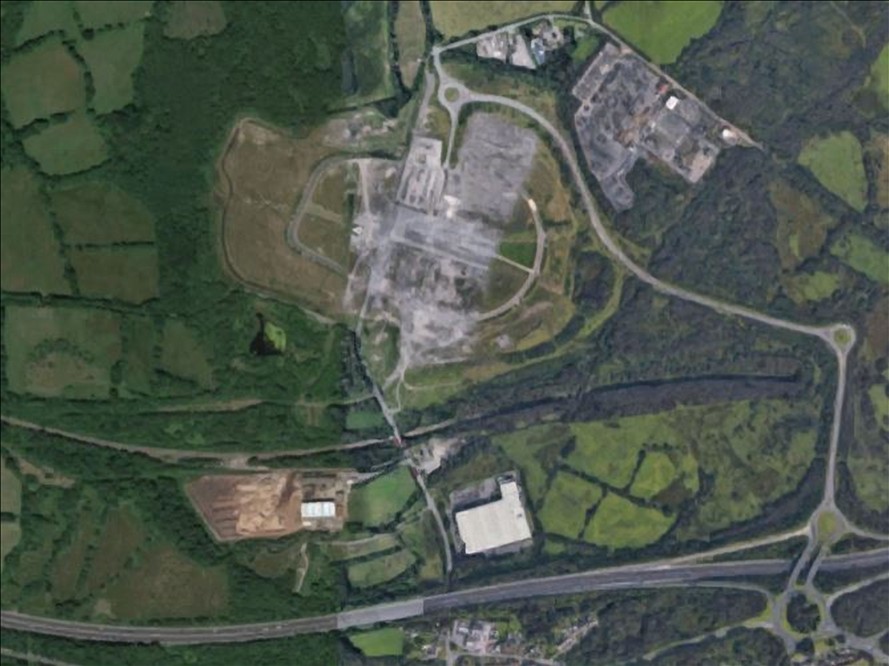
Council chief confirms interest in plots on £36 million business park
Richard Youle, local democracy reporter
There are “strong” enquiries about a business park which has attracted one tenant after tens of millions of pounds of public money were spent preparing the site, the leader of Swansea Council has said.
Cllr Rob Stewart said nine out of 12 serviced plots at Parc Felindre, near junction 46 of the M4, were available.
He had been asked in writing by the leader of the opposition, Cllr Chris Holley, about the 106-acre site, around a third of which is set aside for employment use.
To date only delivery firm DPD has relocated there, but it occupies three of the 12 plots.
Cllr Stewart’s written response said “there are currently a number of strong live enquiries currently being investigated”.
A website marketing the business park has been overhauled. It said Parc Felindre was aiming for emerging, high-tech manufacturing and ancillary companies.
It added that packages of support were available for tenants.
Cllr Holley has regularly questioned the low take-up at Parc Felindre and has publicly called on MPs and MSs to help attract investors.
Parc Felindre was developed jointly by the Welsh Government and Swansea Council. In 2018 it emerged that £36 million had been spent preparing the site – a former tinplate works.
An industrial agent who knows the South Wales market well but isn’t involved in the marketing of Parc Felindre said the site ticked a lot of boxes.
“It’s by the M4, it’s accessible, the land isn’t over-priced and the infrastructure is there,” said the agent, who asked not to be named.
He suggested that a “speculative build” of a unit between 50,000 and 100,000sq ft could attract a tenant.
He also reckoned that creating some smaller business units on part of the land could give firms the confidence to move.
The agent said he’d expect new occupiers generally to come from between Bridgend and Llanelli and potentially the heads of the valleys.
He said Swansea had a good “knowledge economy” and that its workforce was regarded well.
He added that attracting companies to industrial land throughout South Wales, not just Swansea, might need “a bit of a mind shift”.
Support our Nation today
For the price of a cup of coffee a month you can help us create an independent, not-for-profit, national news service for the people of Wales, by the people of Wales.





